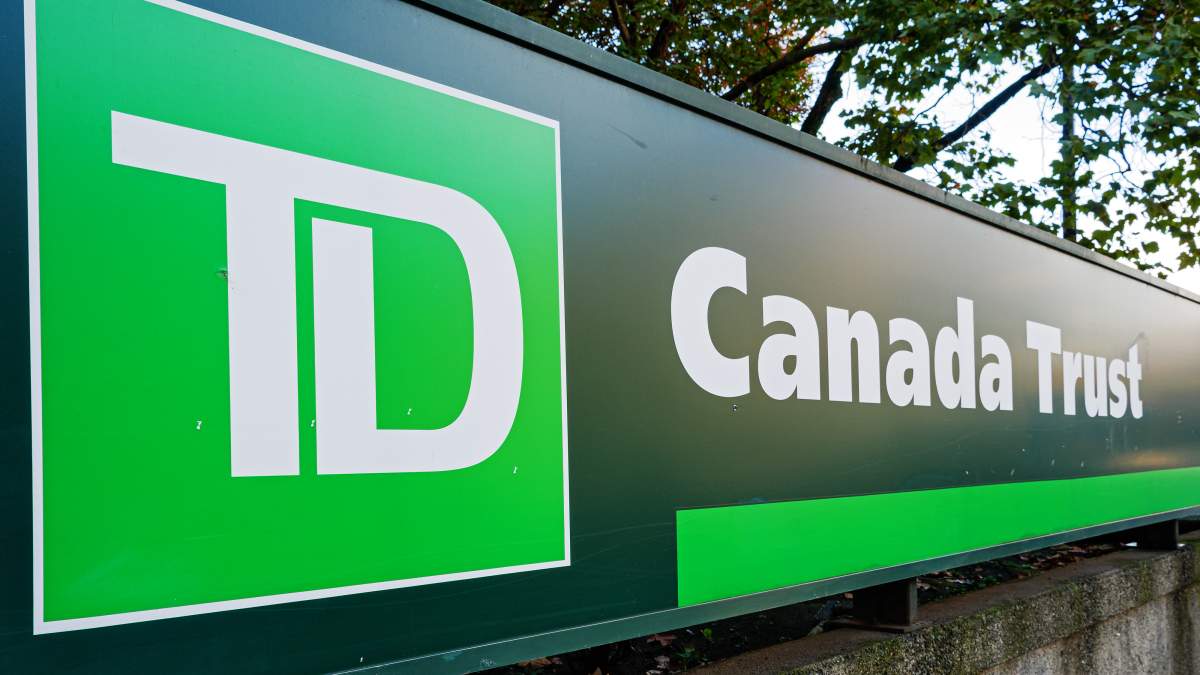TD chief executive Bharat Masrani said on Thursday it was “too early to declare victory” against the COVID-19 pandemic — even as TD was one of six Canadian banks that reduced its provisions for bad debt, citing better prospects for the economy.

TD, CIBC, RBC, National Bank, BMO and Scotiabank all reported better-than-expected profits in the three months ending Jan. 31, as provisions for credit losses fell and net income climbed from the same period last year, before COVID-19 was declared a pandemic.
These lower provisions have fed into a growing pot of profits for the banks, which were buoyed by businesses like wealth management and mortgages that were shielded from the pandemic, while banks minimized loan exposure to sectors vulnerable to COVID-19. A presentation by National Bank on Wednesday said that only about 3.5 per cent of its total gross loans were in the industries most impacted by the COVID-19 pandemic, including car dealerships and auto manufacturing, stores, hotels, restaurants, air transportation and commercial real estate.
And many clients, even in hard-hit industries, have managed to “cobble” together enough to keep paying the bank through the pandemic, said BMO chief risk officer Patrick Cronin this week. Cronin gave the example of a restaurant that used takeout, delivery, cost-cutting, government support and cash reserves to break even on sales.
“I wouldn’t argue that they’re thriving by any stretch. But you know, we’re seeing real stability and in some cases, improvement in credit metrics, as they figure out ways to weather the storm,” Cronin said on Tuesday.

Meanwhile, Laura Dottori-Attanasio of CIBC noted that the housing market “remains hot,” after other banks pointed to similar trends of new construction, and pent-up demand for homes amid work-from-home trends. CIBC said Thursday that nearly two-thirds of its outstanding loans are to consumers, the majority of which are mortgages.

Get daily National news
Martin Gagnon, who heads the wealth management team at National Bank of Canada, also noted on Wednesday that banks with brokerages have benefited, in part, from a surge of interest in stock-trading among average investors, which he called “GameStop trading.”
“There is an element to it that is related to the frenzy that everybody saw,” said Gagnon on Wednesday.
The banks have not emerged completely unscathed from the pandemic. TD’s U.S. business is closing 82 stores, Greg Braca, head of TD’s U.S. banking, said on Thursday. Teri Currie, the head of TD’s Canadian personal banking, said that operations are mostly reopened, but noted that health-related incidents happen. The City of Toronto, which recently began reporting workplaces with COVID-19 cases, has previously identified cases at RBC and a CIBC call centre.
“Our frontline folks have been for almost a year now, and continue to be still dealing with, a variant in the virus — and some of the constraints of ensuring their own and their customers’ safety,” said Currie.
Several chief risk officers at banks this week raised concerns about the pace of vaccine rollout in Canada amid the spread of new variants, and the impact on the economy. Shawn Beber, the CIBC’s chief risk officer, said on Thursday that while CIBC has seen lower insolvencies over the past two quarters amid government supports and bank relief programs, there has been a slight uptick from fourth-quarter lows. The bank is expecting some clients who had deferred credit card and personal loan payments last year may become delinquent and lead to some losses in the second quarter, Beber said.
Still, at least one bank executive — Louis Vachon, chief executive of National Bank of Canada — said the bank’s earnings were not a “fluke,” despite “pockets of irrational exuberance in the markets.”

The Office of the Superintendent of Financial Institutions said in December it would be inappropriate for banks to raise regular dividends, buy back shares or boost executive compensation, saying banks needed “capital to cushion the impacts of shifts in the economy during an unprecedented time.”
But Vachon said on Wednesday that National Bank “will also look at increasing dividends and share buybacks once restrictions are lifted.” On Thursday, Masrani of TD also said it would look seriously if a compelling opportunity arose to buy up another company, amid “flexibility because of our strong balance sheet and capital levels.”








Comments